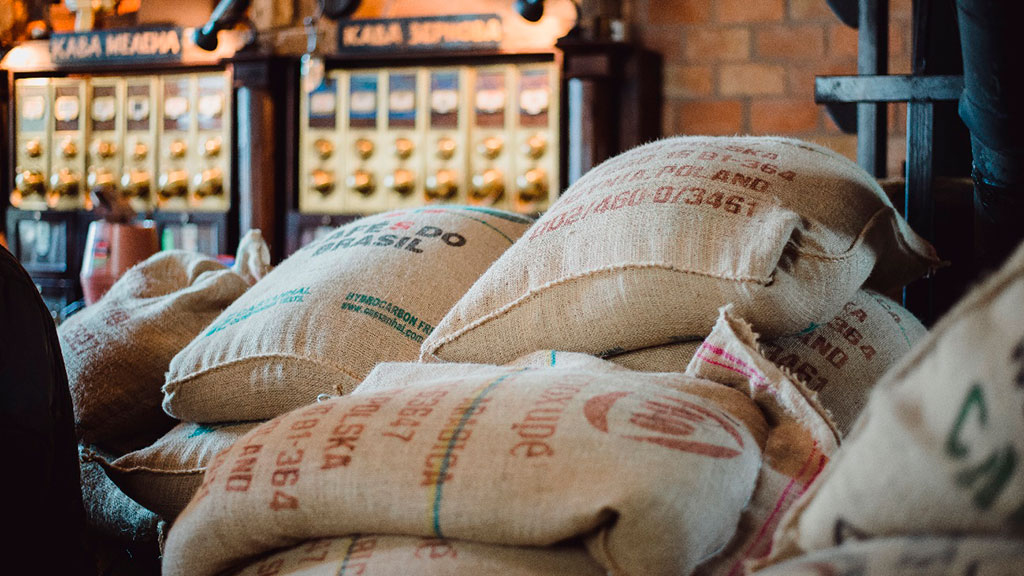The massive arrival of grain and meat from Ukraine without tariffs is creating an unfavorable environment for European farmers, especially in Spain. Although free trade policies are designed to improve efficiency and reduce costs, they are having adverse effects on the European agricultural sector, which is facing unfair competition and significant economic challenges.
The free trade zone and its consequences
Since January 2016, the European Union and Ukraine have provisionally implemented a Deep and Comprehensive Free Trade Area (DCFTA) as part of their Association Agreement. This agreement aims to facilitate trade by eliminating tariff barriers and aligning Ukraine’s trade regulations with those of the EU. The removal of tariffs and the simplification of customs procedures should, in theory, benefit both European consumers and Ukrainian exporters.
Reduction of Tariffs and the European Market
The DCFTA eliminates most tariffs on industrial and agricultural products between the EU and Ukraine. This means that products such as grain and chicken meat from Ukraine can enter the European market without tariffs, which should translate into lower prices and greater product availability for consumers. However, in practice, this situation has led to a series of problems that severely affect European farmers.
Falling Prices and Unequal Competition
The influx of large quantities of grain and meat from Ukraine into the European market has caused a significant drop in the prices of these products. European farmers are suffering the consequences of this oversupply, and the price decline means that many of them are unable to cover their production costs, putting the viability of their farms and Europe’s food independence at risk.
Impact on European Farmers
European farmers already face high production costs due to strict food safety regulations and quality standards they must comply with. These regulations are designed to ensure food safety and protect the environment but also increase production costs. With the arrival of Ukrainian products at significantly lower prices, European farmers find themselves in an unsuitable situation. They cannot compete on price without sacrificing quality or violating regulations.
Food Safety Regulations and Inequality
In Europe, farmers must comply with strict food safety and environmental regulations. These standards ensure that products are safe for consumers and produced sustainably. However, European farmers’ associations have expressed growing concern that in Ukraine, these regulations may not be enforced with the same rigor. If this is true, it would create unfair competition, as Ukrainian producers could reduce their costs by not having to comply with the same strict regulations as European farmers.
Threat to European Farms
The current situation threatens the viability of European farms. Many European farmers, especially in Spain, are seeing their incomes decline and their farms become unsustainable. The financial pressure caused by the low prices of products imported from Ukraine is forcing some farmers to close their businesses, which has a devastating impact on rural communities and the local economy.
Long-Term Consequences
If this trend continues, many European farms could be forces to close, which would not only affect farmers and their families but also have a negative impact on rural communities and the European economy as a whole. The loss of local farms could also affect Europe’s food security, making the continent even more dependent on food imports. Additionally, the disappearance of farms may lead to the loss of agricultural knowledge and traditions that are vital to the cultural identity of many regions.
Review of the Agreement and Protection of the European Agricultural Sector
According to farmers’ associations, it is essential that the EU and its members review the terms of the Association Agreement with Ukraine. While the removal of taridds was initially intended to facilitate trade and benefit consumers, it is creating unfair competition that harms European farmers. To protect the European agricultural sector and ensure fair competition, measures must be implemented to level the playing field and ensure that all products entering the European market comply with the same safety and quality regulations.
Proposals for a solution
Among the measures that could be considered are the reintroduction of certain tariffs or tariff quotas for specific agricultural products from Ukraine. It is also important to increase monitoring and controls at the borders to ensure that imported products comply with EU regulations.
Support for European farmers
In addition to adjusting trade policies, it is essential to provide financial and technical support to European farmers who are struggling to compete in this unfavorable environment. This could include direct subsidies, training programs, and technical assistance to improve the efficiency and sustainability of their farms.
In conclusion, while the opening of the European market to grain and meat imports from Ukraine was intended to benefit both parties, in practice it is causing significant problems for European farmers. It is essential to review current policies to ensure fair competition and protect the European agricultural sector. Without these measures, the long-term viability of European farms and the continent’s food security could be at risk.
